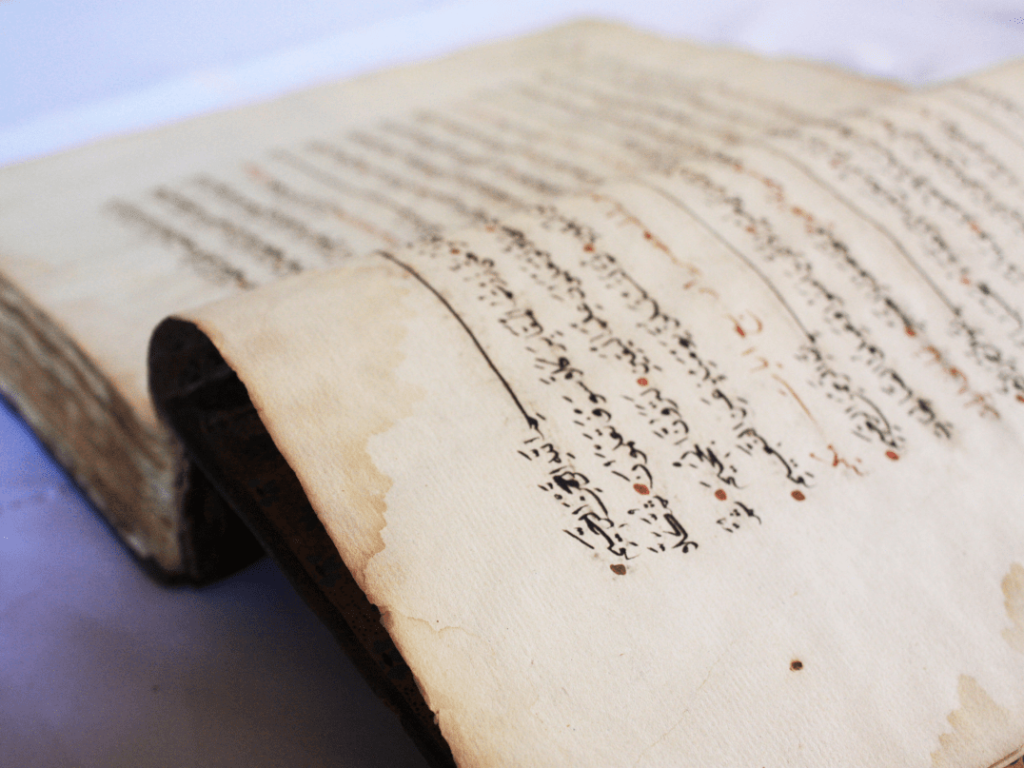When learning a language, especially one like the Arabic language, an integral part of it is its history. Today we will be answering some of the most important historical questions about the Arabic language. From Arab religion facts to Arab religion beliefs, and from religion in pre-Islamic Arabic, to answering the question: What was the religion of the majority of Arabs before Islam? We will cover it all.
Pre-Islamic Arabia
Uncommon to popular belief, Islam was not the first religion in the Arab world. In fact, Polytheism was the religious practice. Arabs believed that there were several deities. The name of the deities was Jinn. Initially, Mecca was a place of religious worship for all Arabian tribes.
There were influences of other civilizations that came and passed throughout history. There are three empires, namely the Roman Empire, Axumite Empire, and Sasanian Empire which introduced Christianity in the Arab world.
The Kaaba is a cube-shaped shrine. It has been a place of worship since 2130 BCE. Prophet Ibrahim and his son Ismael initially built it, according to Muslim scripts. Islam was not the religious practice at the time of its establishment. Nonetheless, people all over the Arabian Desert used it for religious practices. Essentially, the number one reason why Arab tribes travelled to Mecca and visit the Kaaba was to perform pilgrimage.
The majority of Arabs believed in Polytheism before Islam came about. More specifically, it was animisms. This means that they believed the spiritual essence and/or power of non-human entities. These entities include living and non-living things such as animals and plants, or objects and occurrences.
Communication
Similar to many tribal cultures, Arabian nations needed a means of communication. This was done through poetry and verbal tradition. Poetry played a huge role in the status, reputation, and even dictated important decisions such as a marriage between two tribes.
These tribes gave entire speeches through poetry as it showed how educated and informed a person was. Well-spoken people received titles and favouritism to be spokespeople for important gatherings.
The Name: Arabs
There was no record of Arabs actually defining themselves as Arabs before 853 BC. It is later seen in Hebrew scripts as well as Greek ones. Years later, Arabs wrote this term as reference to many kings and rulers working together more clearly in Nabataean script. Nabataean script is also known as the ancestor or originator of Arabic.
The Question
There is an intertwining between Arabs and the Arabic language for obvious reasons. But Arabs have not had a proper definition. This raises a question as to what makes an Arab. Until today, people question whether it is the fact that people of a country speak Arabic, or to look back at the country’s history and see its proven Arab-alliance in the past. All Islamic countries will have Arabic speakers, but does that make them Arabs? It is still a debate today.
The Arabic language, like all other languages, has its own history and culture. It is a story on its own. One interesting fact is that Arabic started – and it still is – the same. There were no changes to syntactic rules or even basic grammatical ones. May Arabic live on proud and strong.
If you liked this article and would like to start learning Arabic, why not head over to our website and download the Kaleela Arabic learning app and learn to speak Arabic today? With the Kaleela Arabic learning app you can start learning Arabic on your own, at your own pace, whenever and wherever you want. It really is the best way to learn Arabic! Try it now and find out why.



